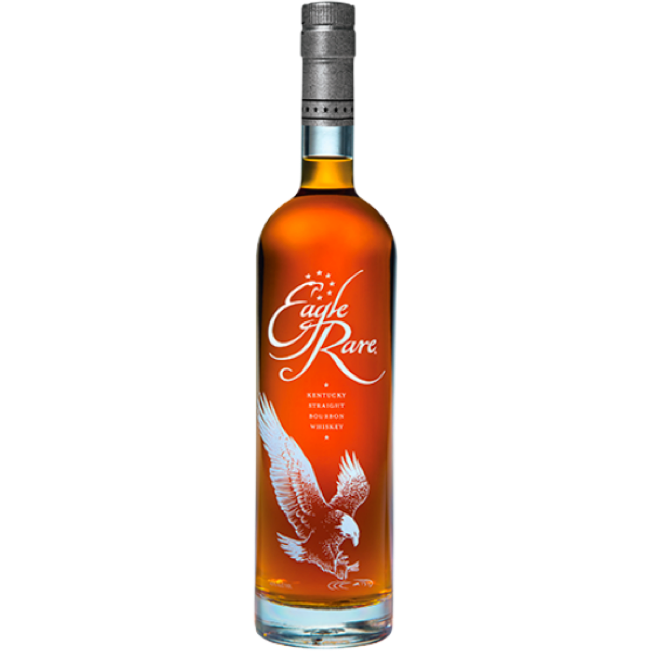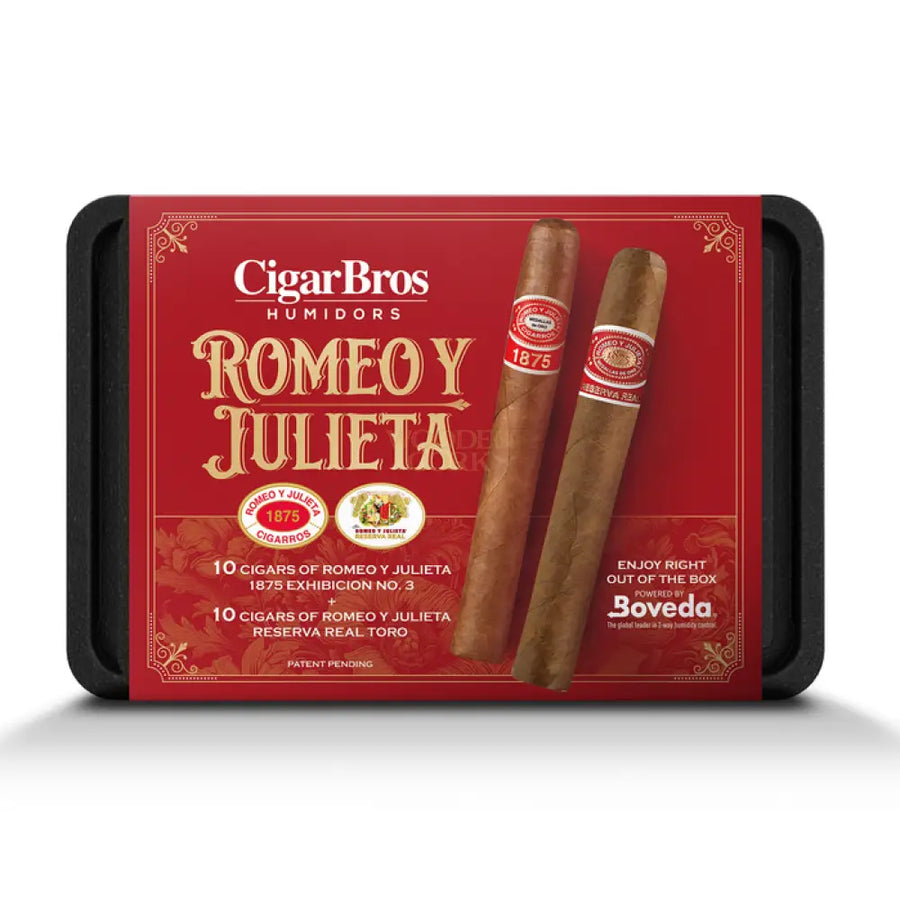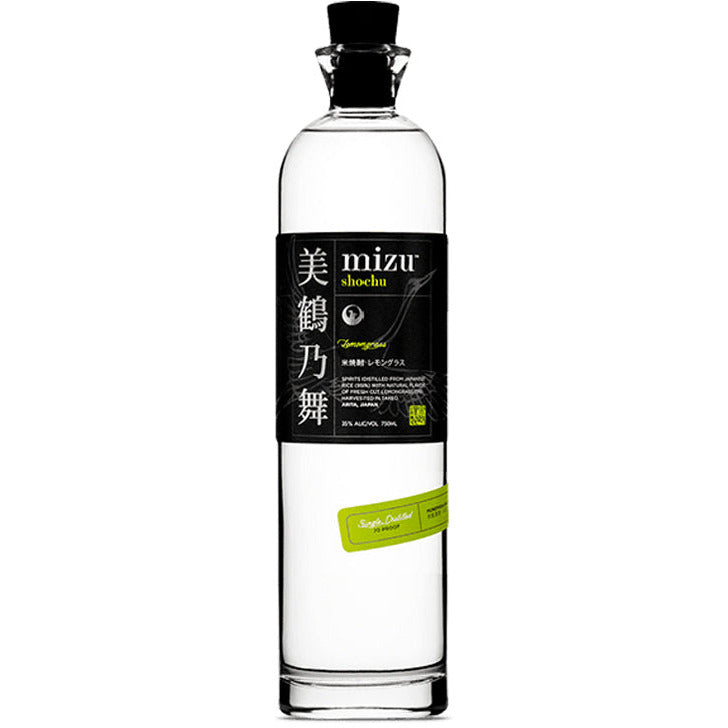Tasting Notes : Bright, citrusy, delicate, delicious. A blend of sake-like aromas and lemongrass on the nose. Silky mouthfeel. Hints of meyer lemon and a light sweetness that brings to mind rice pudding.
Mizu Shochu 美鶴乃舞 is handcrafted and single distilled in the traditional Japanese way, and follows the honkaku 本格焼酎 style of production, meaning ‘genuine, authentic’ shochu. Limiting the distillation to a single pass preserves the naturally occurring flavors and aromas. With each additional pass – most common spirits are distilled at least two times – the more neutral and flavorless the spirit becomes. It is the time-honored Japanese practice to distill the moromi ‘mash’ only one time in order to capture and highlight the true essence of the raw ingredients. The result is a more natural taste that is complex, earthy and exquisite. It is a celebration and a tribute to the purity of nature and the flavors of the harvest.
These original, authentic methods of shochu production date back to the 16th century and took root in the mountain villages and lush valleys of Kyushu in southwestern Japan. It is here in Kyushu, in the small town of Arita in Saga Prefecture, where the Mizu Shochu 美鶴乃舞 is produced.
At 70 proof (35% alc/vol) Mizu Shochu 美鶴乃舞 is more concentrated like shochus of old to enhance the subtle complexities, body and finish. While more mainstream shochus of today are diluted down to 50 proof, master distillers Hirofumi Okoba and Shinji Wada maintain the tradition of a higher alcohol shochu in appreciation of the past, and the purity of our locally sourced ingredients.
This style of shochu better expresses the quality and depth of the genshu, the 'undiluted' heart of the spirit, and offers greater versatility for a variety of drinking methods and occasions. At 70 proof it is stronger, yet pure, remarkably smooth and tasty; a shochu for sipping that can be enjoyed neat, on the rocks (we recommend large ice), or with the addition of hot water (oyuwari) or cold water (mizuwari). With its higher proof, it is also a shochu well-suited for cocktails and is the ideal spirit to compliment exotic ingredients of the Far East, or put an unexpected twist on the Western classics.
Mizu (the moniker for 美鶴乃舞, Mizu-no-mai) is proudly produced by the Munemasa Shuzo Co. of Arita, Japan. As a young distillery, established in 1985, we find inspiration in a 400-year legacy of artisanship that defines the character of our small town known best as the birthplace of Japanese porcelain crafts. The skilled artisans of Arita are a source of great pride, and are devoted to the principle of kodawari, the notion of continuous improvement towards perfection. While paying tribute to the traditional methods of shochu production, we aim to deliver unprecedented creativity and innovation, artistry, and strive to constantly offer finer and unexpected shochu experiences that delight our customers.
Over 120 years ago, the Munemasa family opened a small sake brewery and shop in Hiroshima, but the devastation of WWII forced the brewery to close. A yearning to return to our family's roots inspired the move to Arita, an ideal locale for shochu production given the pristine waters and rich farmland.
We take great pride in celebrating local flavors, the harvests, and the bounty of nature. In doing so, we maintain a centuries-old tradition in that all of our ingredients are sourced from nearby farms. This is attributed to our unique bond with the growers of Saga prefecture, and our motto of “creating harmony between the land, farmer and distillery”.
Master distiller (toji) Hirofumi Okoba’s relationships with the local farmers runs deep as his own roots can be traced to a small family farm just outside of Arita. Okoba maintains close friendships with many of the growers and believes that “shochu is something we make together” from the farm to the finished bottle.
Saga Prefecture is ideal for both barley and rice cultivation, with the barley growing through the spring, then replaced with rice, which is often grown on the same plots throughout the summer months into early fall.













